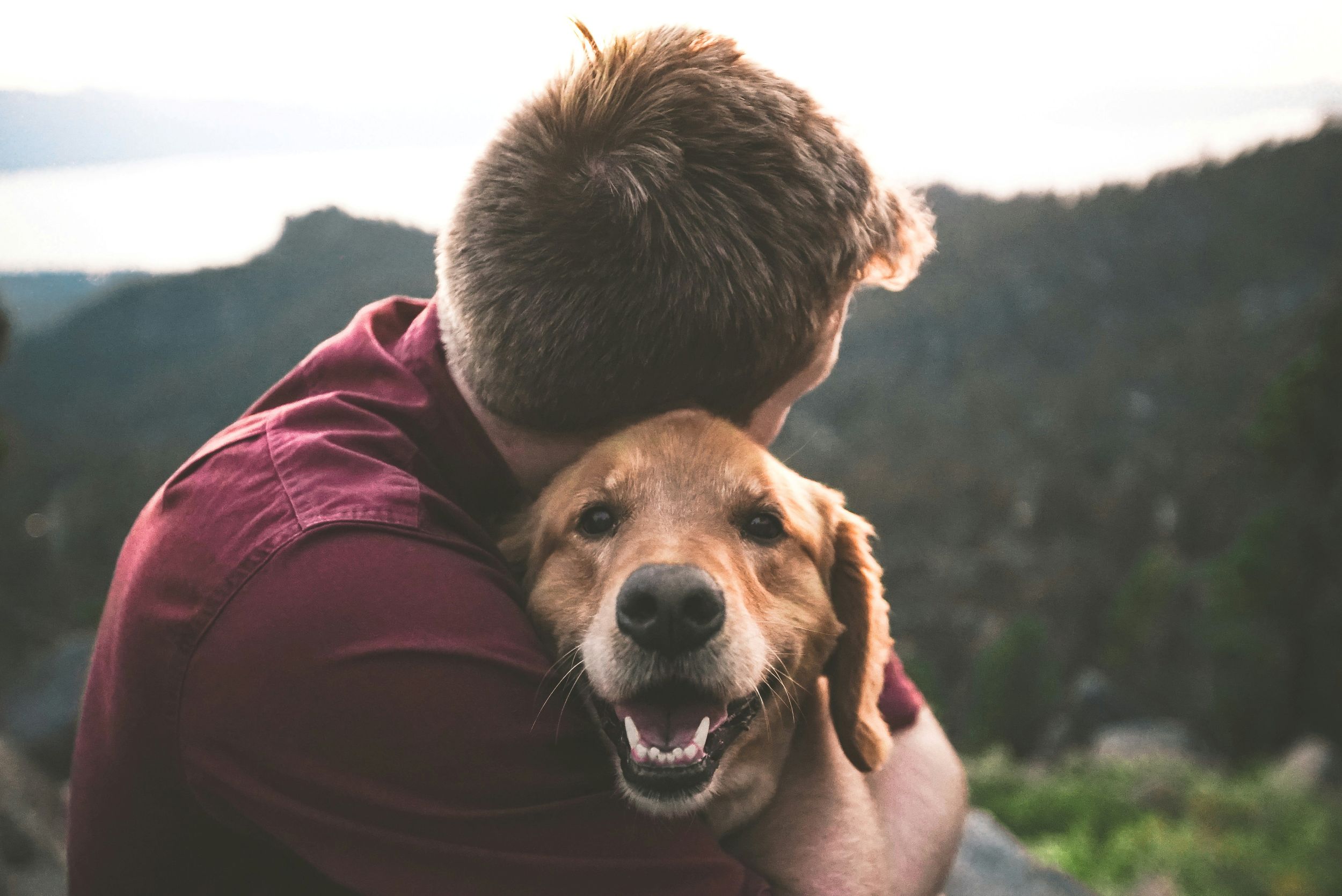Welcoming a furry friend into the lives of individuals with cerebral palsy can bring a whole new wave of positivity and support! Emotional support animals have an incredible way of providing comfort and companionship, which can be especially beneficial for those navigating the unique challenges of cerebral palsy. These therapy pets offer more than just cuddles; they can significantly improve mental health support and overall well-being. Whether it's the wag of a tail or the gentle purr of a cat, assistance animals can help individuals feel more connected and less isolated. Let's explore how these loving companions can enhance the lives of CP warriors and their families! ?❤️ For more information on service and emotional support animals for individuals with cerebral palsy, check out this helpful resource.
Emotional Support Animals and CP
Emotional support animals can be game-changers for individuals with cerebral palsy. These furry friends offer more than just companionship; they provide comfort, enhance mental health, and promote independence. Let's explore how these amazing animals make a difference in the lives of CP warriors.
Companionship and Comfort
Emotional support animals offer a unique form of companionship for individuals with cerebral palsy. These furry friends provide unconditional love and a constant presence, which can be incredibly comforting.
For many CP warriors, having an animal by their side can reduce feelings of loneliness and isolation. The simple act of petting or cuddling with an animal can lower stress levels and promote relaxation.
These loyal companions also offer a sense of routine and purpose. Caring for an animal can give individuals with CP a fulfilling daily responsibility, boosting their self-esteem and sense of accomplishment.
Enhancing Mental Health Support
Emotional support animals play a crucial role in boosting mental health for individuals with cerebral palsy. These animals can help reduce anxiety, depression, and stress, which are common challenges for many CP warriors.
The presence of a support animal can provide a calming effect during difficult times. For example, during medical appointments or therapy sessions, having a furry friend nearby can help individuals feel more at ease and confident.
Animals also encourage social interaction, which can be beneficial for mental health. People are often drawn to pets, creating opportunities for CP warriors to engage with others and build connections. Learn more about the benefits of animal-assisted therapy for children with cerebral palsy and how it can support their mental well-being.
Promoting Independence and Growth
Support animals can be powerful allies in promoting independence for individuals with cerebral palsy. These animals can be trained to assist with various tasks, helping CP warriors gain more autonomy in their daily lives.
For instance, a support dog might help retrieve items, open doors, or provide balance support. These practical aids can boost confidence and encourage individuals to tackle new challenges.
The responsibility of caring for an animal can also foster personal growth. It teaches valuable life skills such as time management, empathy, and problem-solving, which can translate to other areas of life.
How Therapy Pets Make a Difference
Therapy pets go beyond emotional support, offering tangible benefits that can significantly improve the quality of life for individuals with cerebral palsy. From physical assistance to emotional connections, these animals play a multifaceted role in supporting CP warriors.
Physical Benefits of Support Animals
Support animals can provide numerous physical benefits for individuals with cerebral palsy. These animals can be trained to assist with mobility, balance, and specific tasks that may be challenging for CP warriors.
For example, a service dog might help with walking support, reducing the risk of falls and increasing confidence in movement. This can lead to improved physical activity levels and overall fitness.
Some animals can even be trained to help with fine motor skills. Activities like grooming or feeding a pet can serve as enjoyable forms of physical therapy, improving dexterity and coordination. For more information on how service dogs can help people with cerebral palsy, check out this helpful resource.
Emotional Connections and Well-being
The emotional bond between a person with cerebral palsy and their support animal can have profound effects on overall well-being. This connection goes beyond simple companionship, fostering a sense of understanding and acceptance.
Animals offer non-judgmental support, which can be particularly valuable for individuals who may feel self-conscious about their condition. This unconditional acceptance can boost self-esteem and promote a positive self-image.
The presence of a support animal can also provide a sense of security and comfort in unfamiliar or stressful situations. This emotional anchor can help CP warriors feel more confident in navigating daily life and new experiences.
Overcoming Challenges Together
Support animals can be invaluable partners in helping individuals with cerebral palsy overcome various challenges. These animals can provide both practical assistance and emotional support during difficult times.
For instance, a therapy pet might help reduce anxiety during medical procedures or therapy sessions. Their calming presence can make these necessary but sometimes stressful experiences more manageable.
Support animals can also motivate CP warriors to push their boundaries and try new things. Whether it's going for a walk in the park or meeting new people, having a furry friend by their side can provide the courage to step out of comfort zones.
Choosing the Right Assistance Animal
Selecting the right assistance animal is a crucial step in ensuring a successful and beneficial partnership for individuals with cerebral palsy. It's important to consider various factors to find the perfect match and provide proper training for both the animal and the CP warrior.
Finding the Perfect Match
Finding the right assistance animal involves careful consideration of an individual's specific needs, lifestyle, and preferences. It's not a one-size-fits-all solution, but rather a personalized process.
First, consider the type of animal that would be most suitable. While dogs are common choices, cats, birds, or even miniature horses can also serve as effective support animals. Each species has its own unique characteristics and benefits.
It's also important to think about the animal's temperament and energy level. A calm, patient animal might be ideal for someone who needs a steady presence, while a more energetic pet could be great for encouraging physical activity. Learn more about choosing the right therapy pet for cerebral palsy to make an informed decision.
Training for Success
Proper training is essential for both the assistance animal and the individual with cerebral palsy. This ensures that the partnership is safe, effective, and mutually beneficial.
For the animal, training should focus on basic obedience, specific tasks related to the individual's needs, and how to behave in various public settings. This might include learning to retrieve items, provide balance support, or alert to potential dangers.
The CP warrior also needs training on how to work with their new companion. This includes learning proper care techniques, understanding the animal's cues, and knowing how to give clear commands. Pet therapy for cerebral palsy can be a valuable resource for understanding the training process and its benefits.
Regular practice and ongoing training are key to maintaining a strong, effective partnership between the assistance animal and the individual with cerebral palsy.


